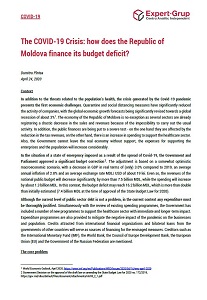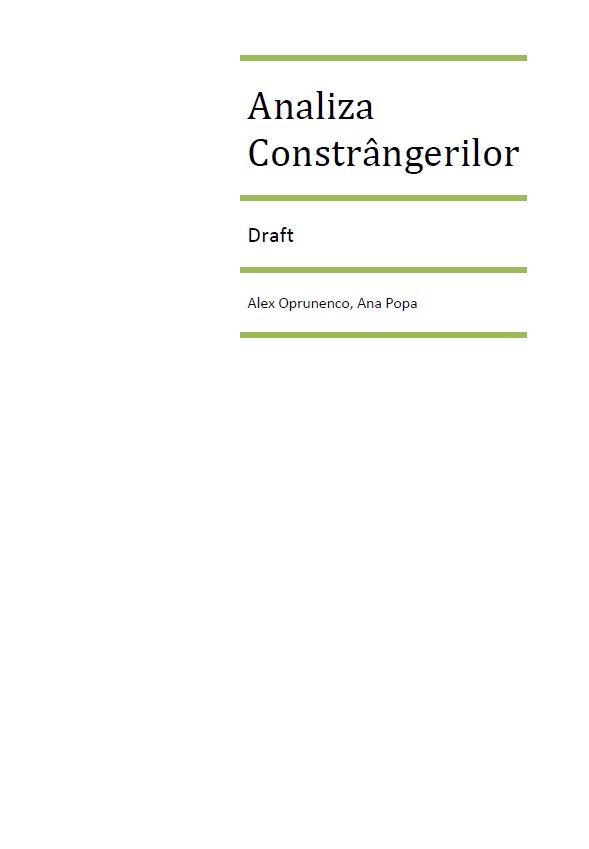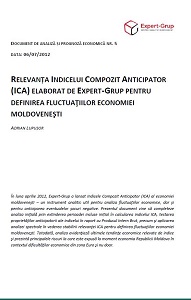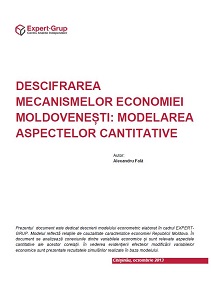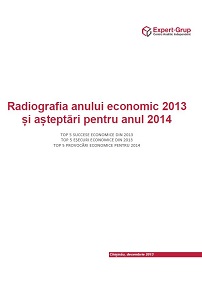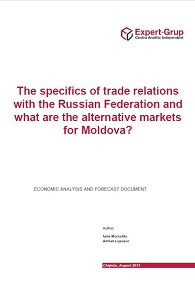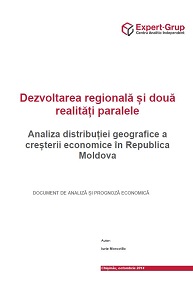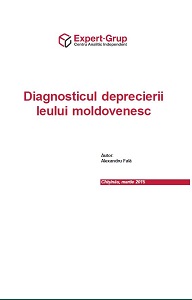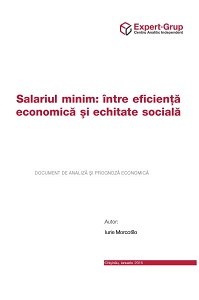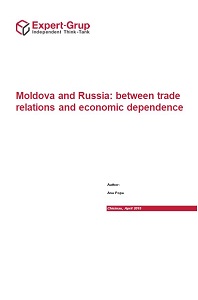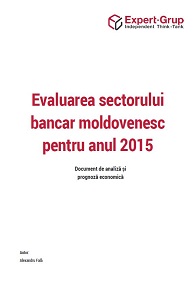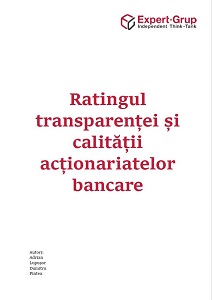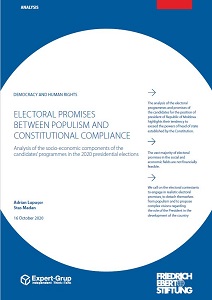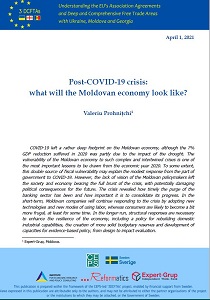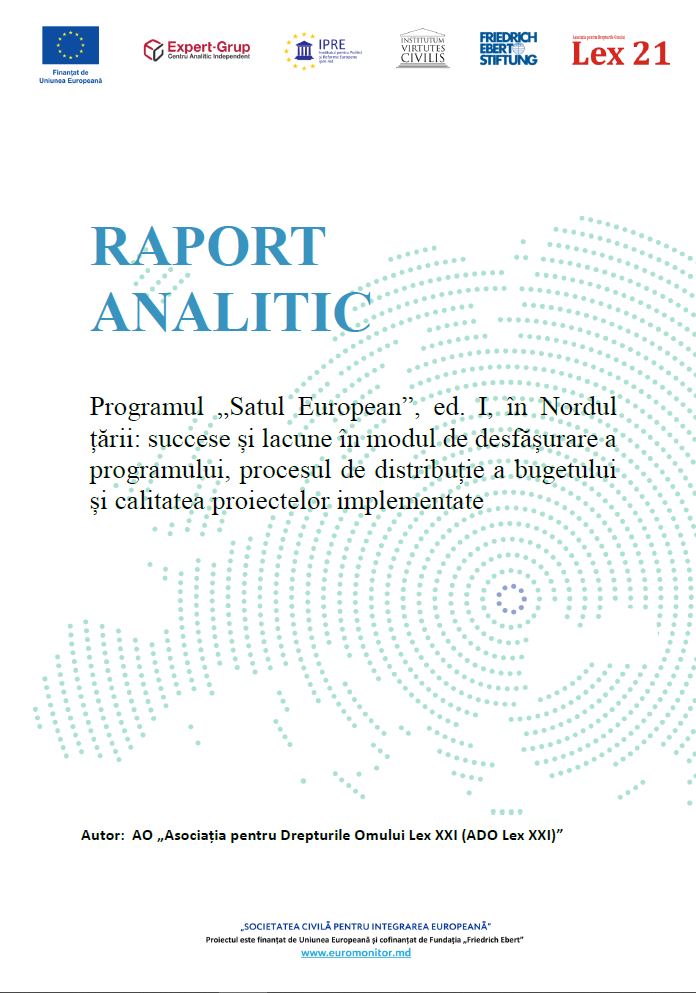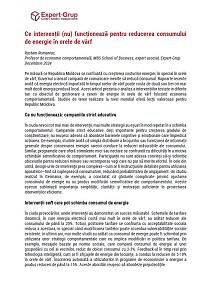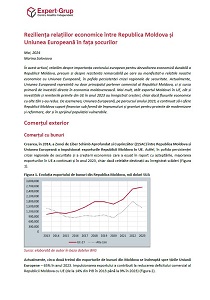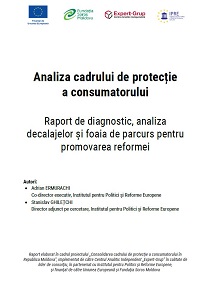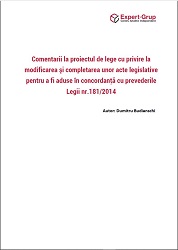
Comments on the draft law regarding the amendment and completion of some legislative acts to be brought in line with the provisions of Law no. 181/2014
Comentarii la proiectul de lege cu privire la modificarea şi completarea unor acte legislative pentru a fi aduse în concordanță cu prevederile Legii nr.181/2014
Keywords: Comments; draft law; legislative acts; Law on Public Finances and Budgetary-Fiscal Responsibility;
Ministerul Finanțelor a elaborat și a publicat pe 25 august 2017 spre consultare „Proiectul de lege cu privire la modificarea și completarea unor acte legislative”, care are ca scop aducerea cadrului legal în conformitate cu prevederile Legii finanțelor publice și responsabilității bugetar-fiscale nr. 181 din 25 iulie 2014. Analiza modificărilor și completărilor propuse la cele 82 de acte legislative, după cum este menționat și în Nota informativă, relevă că, în linii mari, modificările propuse pot fi grupate în 4 categorii: 1. Unificarea normelor legale privind elaborarea, aprobarea și administrarea bugetelor autorităților bugetare independente și alinierea acestora la calendarul bugetar și la procedurile bugetare generale stipulate în legea nr. 181/2014…
More...
